Muhammadu Buhari taking oath of office as the president of Federal Republic of Nigeria
Exactly a month ago, President Muhammadu Buhari took over the reins of power. It is still early days yet, just one month out of 48, a mere two per cent of a four-year term. Ordinarily, it is too early for even a tentative appraisal. But these are no ordinary times. Nigeria is in a very terrible place. And most Nigerians, especially those who deliriously bought into the promise of change, expect the world of their new president, and expect it quickly, or at least expect to quickly see reassuring signs of it.
But it is not clear that President Buhari got that memo about pace and the foreshadowing import of take-off or, in case he did get the memo, that he thinks much of it. Beside the burden of expectations and the normal search for signs, the past four weeks have thrown up a number of issues that are getting even the most ardent Buharists worried. These issues may define the character and the capacity of the new administration and are worth highlighting early on as a service to both the president and the country. I will examine some of these issues below, using three criteria to undertake what I have deliberately called a preliminary appraisal.
Public Perception: The increasingly widespread perception is that Buhari has not taken off with a bang, or to use the new cliché, that ‘he has not hit the ground running’. This contrasts sharply with the impression avidly sold and enthusiastically bought during the campaigns. Buhari had been positioned as a man ready to govern from day one. Beyond the work of campaign spin merchants, the fact that Buhari had been a head of state and that he had, for four electoral cycles, been a conscious candidate, not a drafted or an accidental one, helped in solidifying this impression. Besides, the presidential election was conducted a clear two months before the inauguration and he has had the rare luck of not being distracted by post-election litigations.
It is thus not unreasonable to expect that Buhari, given his antecedent and the admitted urgency of the task at hand, would set to work immediately. It is also not unreasonable that he would settle in quickly, aided by a core team that he would have identified over time and with a blueprint that he might just need to temper with inherited realities. A month after, his core team is not yet in place. The president is yet to name his Chief-of-Staff, even if in acting capacity, or choose his advisers, even when the last Senate had promptly approved his request for advisers. The Secretary to the Government of the Federation, the engine room of government, has also not been appointed. If the president has a blue-print, the best we can do for now is to speculate about it, as none has been clearly articulated or even suggested.
Advertisement
While the president may need to consult in choosing ministerial nominees and would need the Senate to confirm them, the key appointments mentioned above are almost exclusively his prerogative. In a pre-inauguration interview with Daily Trust, Buhari said he had an idea or a list of his key appointees already but would rather keep it in his chest. If that sounded defensible prior to inauguration, I doubt if it still does a month after. In a recent interview with Arise TV, President Buhari said he was not in a hurry to appoint ministers. Well, they will be his ministers. But the president needs to realise that this is not exclusively in his hands. If he is not in a hurry, the country is. And a critical element of leadership is knowing where your people are.
Some explanations have been given on the president’s current pace. One explanation is that he needs to be fully aware of what he has inherited before making appointments and commitments. Another is that he is just being careful, trying to avoid mistakes and desirous of appointing only untainted people. Yet another is that he wants all the factions in his party to wear themselves out first. Then, there is the argument that as a matter of personal style, the president abhors being pressured and he takes his time to come to a decision. To be sure, every president is entitled to his/her style. But to be effective, presidents need to align their styles with the moment and the mood of their people.
The reasons given for the delay in appointments and policy direction cannot pass the muster for long. Presidents will make mistakes because they are human. And having the power to fire and hire and amend initiatives, they are allowed to adjust and adapt. By the way, they won’t know they have made mistakes until they act. Also, even if he takes the entire 48 months of his term, the president will still make mistakes and will not have all the information he needs. We live in a world of incomplete information anyway, yet decisions have to be made. Nigerians yearn for a president who will be decisive, not one that will be above mistakes or one that will make only perfect decisions. Additionally, the myth of a president who can govern effectively without aides and ministers has zero shelf life.
Advertisement
I have no scientific data on this, but my hunch is that the president’s stock of goodwill is getting depleted by the impression of seeming vacillation. While giving allowance for the fact that some people for certain reasons will never be Buhari’s fans no matter what he does (there will be haters, as the Adidas advert says) and that politicians frustrated by his peculiar style might be the ones whispering the tale about indecisiveness, it is very important to pay special attention to how public perception evolves. Public perception is very critical to democratic governance and the effusive support of even fanatical supporters should not be taken for granted. Perception can be fickle. The good news is that it is early days yet, and it is still possible for Buhari and his team to pro-actively take charge of the narrative and shape how the administration is perceived, not just through spin but, more importantly, through concrete actions.
Key Campaign Promises: President Buhari rode to power on a chariot of promises. He vowed to curb corruption, tackle insecurity, and rescue the economy. All these resonated with most Nigerians, gave him an edge over an incumbent, and secured him a historic win. But as the late Mario Cuomo memorably stated, Buhari would have discovered by now that ‘you campaign in poetry; you govern in prose’. From the little that has happened in the first one month, it is difficult to say Buhari will or will not deliver on his campaign promises. But some patterns are emerging that are worth paying attention to.
One, it is clear that fighting Boko Haram will be Buhari’s big thing. This is clearly signposted by his decision to ask for the relocation of the command headquarters to Maiduguri, his meetings with service chiefs and his visits to Chad and Niger and the G7. Next, or at par to security, will be anti-corruption. The most memorable line from his inaugural speech remains ‘I belong to everybody and I belong to nobody,’ suggesting that he would not be held hostage by vested interests, including those in his party, and that the days of sacred cows and impunity are numbered. The mere knowledge that a new sheriff is in town has already woken up some anti-corruption agencies and has put everyone else on notice. But his mere presence is not enough. He needs to take concrete steps that will show he really means business. Otherwise, the fear factor will disappear, same with the momentum. The flak he has received for not publicly declaring his asset (a clear promise he made in his Covenant with Nigerians) and for not commiserating with victims of recent attacks by Boko Haram underscore the fact that governance is a delicate balance between substance and symbolism. This is a lesson that can be ignored at great cost.
The economy is clearly not Buhari’s strong suit and no one should be apologetic about it. But given the current state of the economy and the need for clear direction and urgent but informed decisions, this fact makes a compelling case for the appointment of his advisers and ministers on the economy. Ahead of this, I suspect a statist impulse, an over-careful approach and the possibility that eventual reforms might not go far enough. Punch yesterday reported that the government has incurred N57 billion on petroleum subsidy under one month. If there is anything on which there is close to a consensus today, it is on the need to remove this badly targeted and corruption-riddled subsidy programme. Even if there is a plan to fix our refineries, what is to be lost by removing the subsidy?
Advertisement
Also, the presidency has denied a story about a plan to sell off some aircraft in the presidential fleet. This would have sent a powerful message about the desire to cut waste and would have strengthened the hands of the administration when it eventually requests citizens to make sacrifices. When he eventually gets to it, I think it is important for the president to adopt a very radical approach to cutting/eliminating wastes, from symbolism of reducing aides and salaries through leading constitutional reforms that will eliminate unnecessary structures and roll back the prebendal state to campaigning against an entrenched ethos that sees public resources as good only for plunder.
Political Management: Mark H. Moore, the pre-eminent authority on strategic public management, insists that political management is the most important work of public officials, presidents inclusive. President Buhari needs to take politics more seriously. His present stand-offish position may come back to bite him. He doesn’t need to make himself the leader of his party, the All Progressives Congress (APC), and I won’t advise him to impose his candidates on the National Assembly. But he cannot stand by while his party becomes engulfed in an internecine warfare, loses the capacity to enforce its will, and becomes a systemic risk.
There is a real chance that the calculated insurgency in the National Assembly, and the thorough mismanagement of it by APC, may spin out of control. Whether he likes it or not, Buhari is now a politician and he is a president in a political environment. Even if there are points to be scored for not appearing dictatorial and not interfering in a battle with guilty parties on all sides, allowing the crisis to fester and not taking charge of the political environment is counter-productive.
A crisis-ridden party and an unstable parliament will negatively impact his ability to see through his legislative and reform agenda and weaken his capacity to govern. Using his convening power and moral authority, he needs to actively pursue genuine reconciliation and nudge his party to move from an electoral platform to a real political party. This also makes a compelling case for why he should prioritise political management as a critical area of presidential work and why he needs to promptly appoint his advisers on political, inter-party, and legislative affairs.
Advertisement
The take-off is critical to any enterprise. But the beginning is not destiny. Just a single major action could spark life into Buhari administration. It is still morning yet.
This article first appeared in THISDAY
Advertisement
1 comments
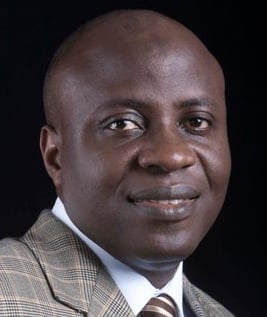
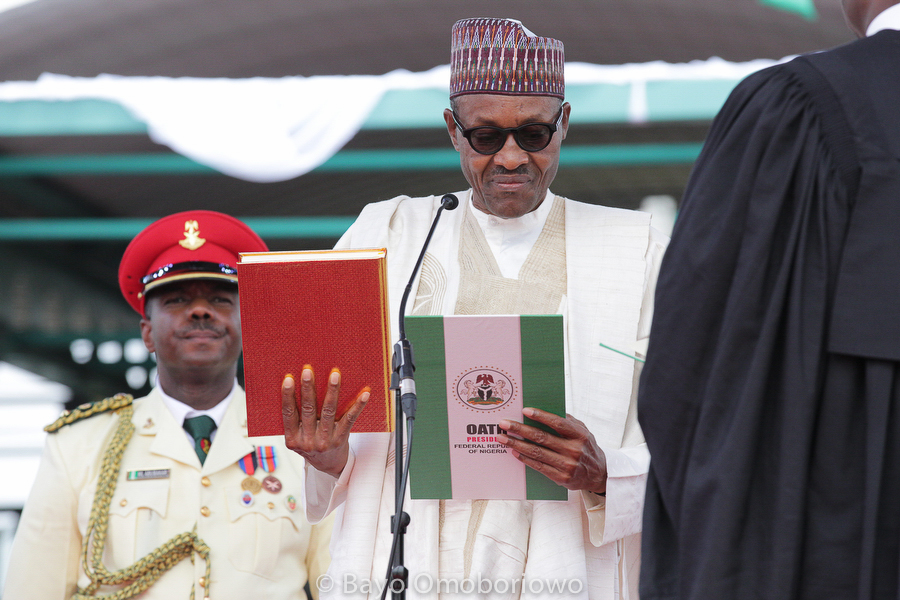
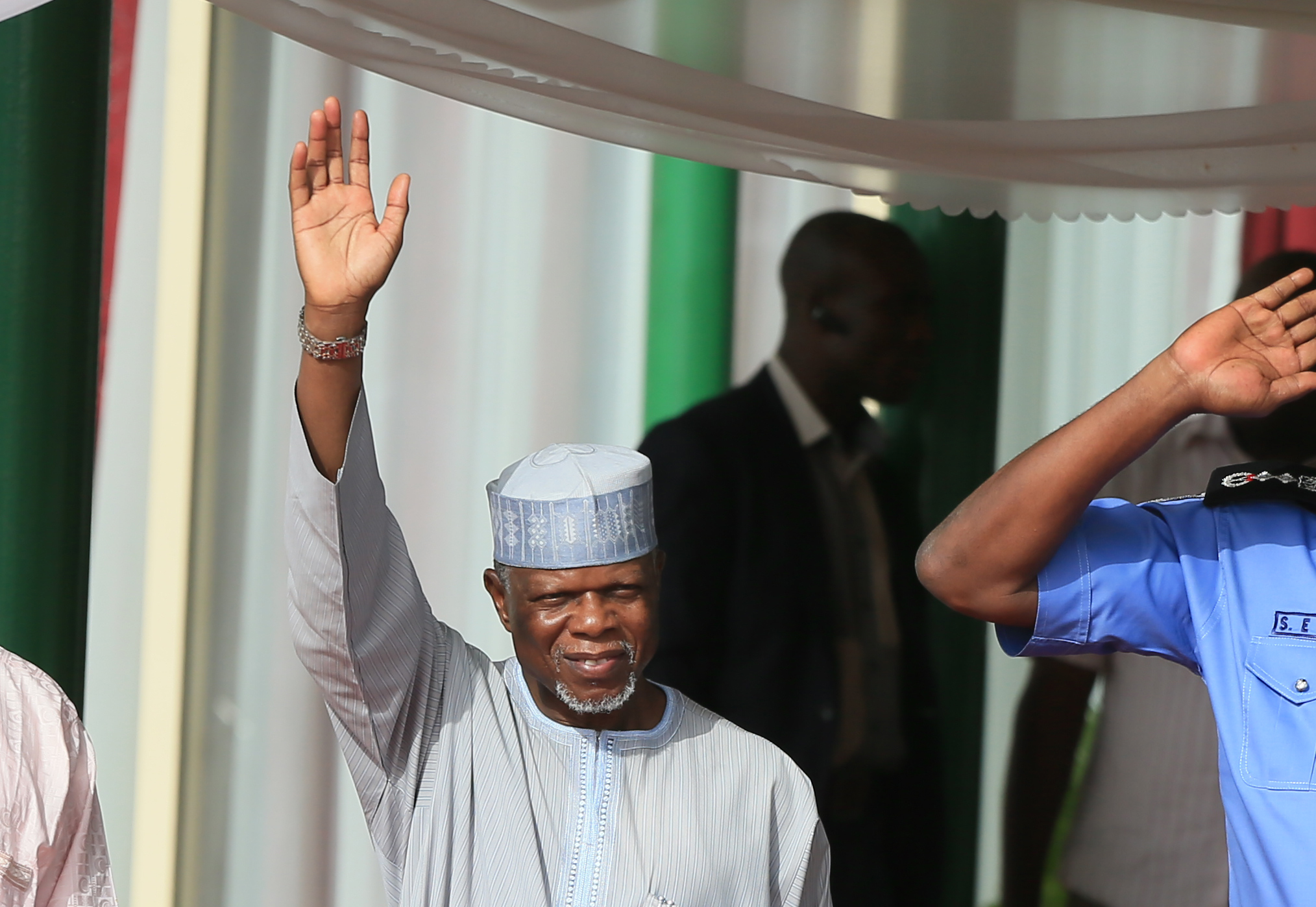
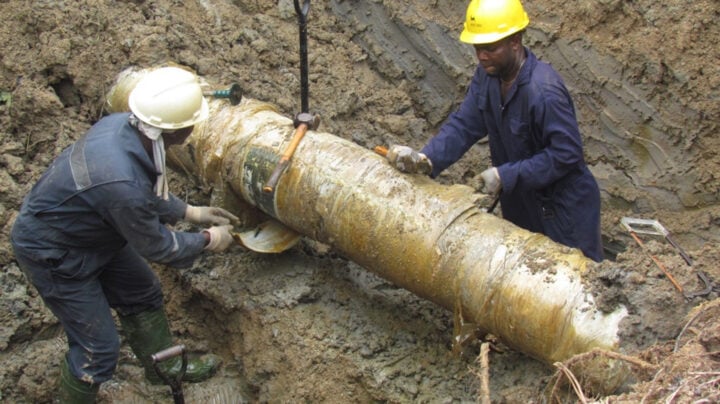
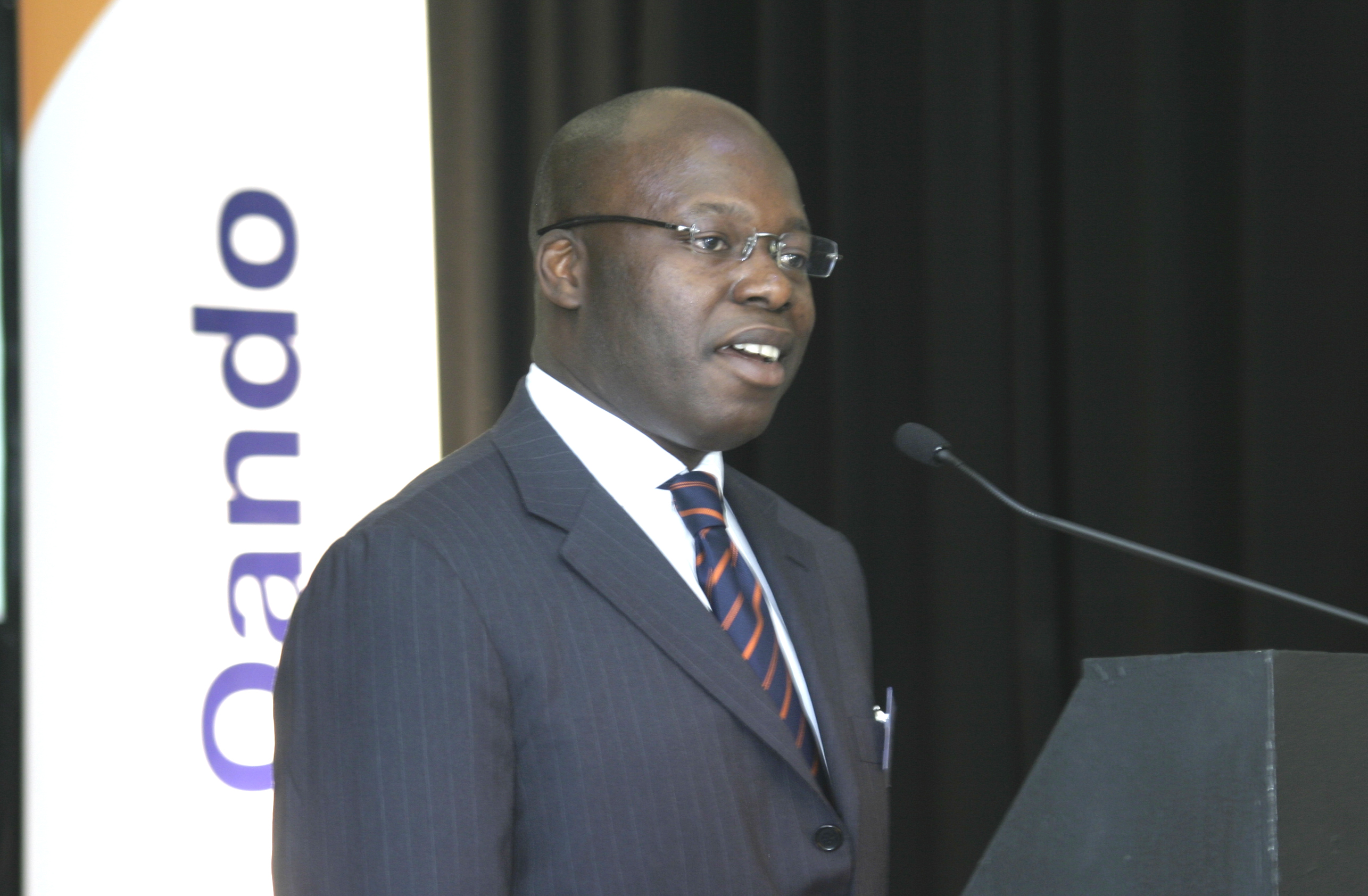
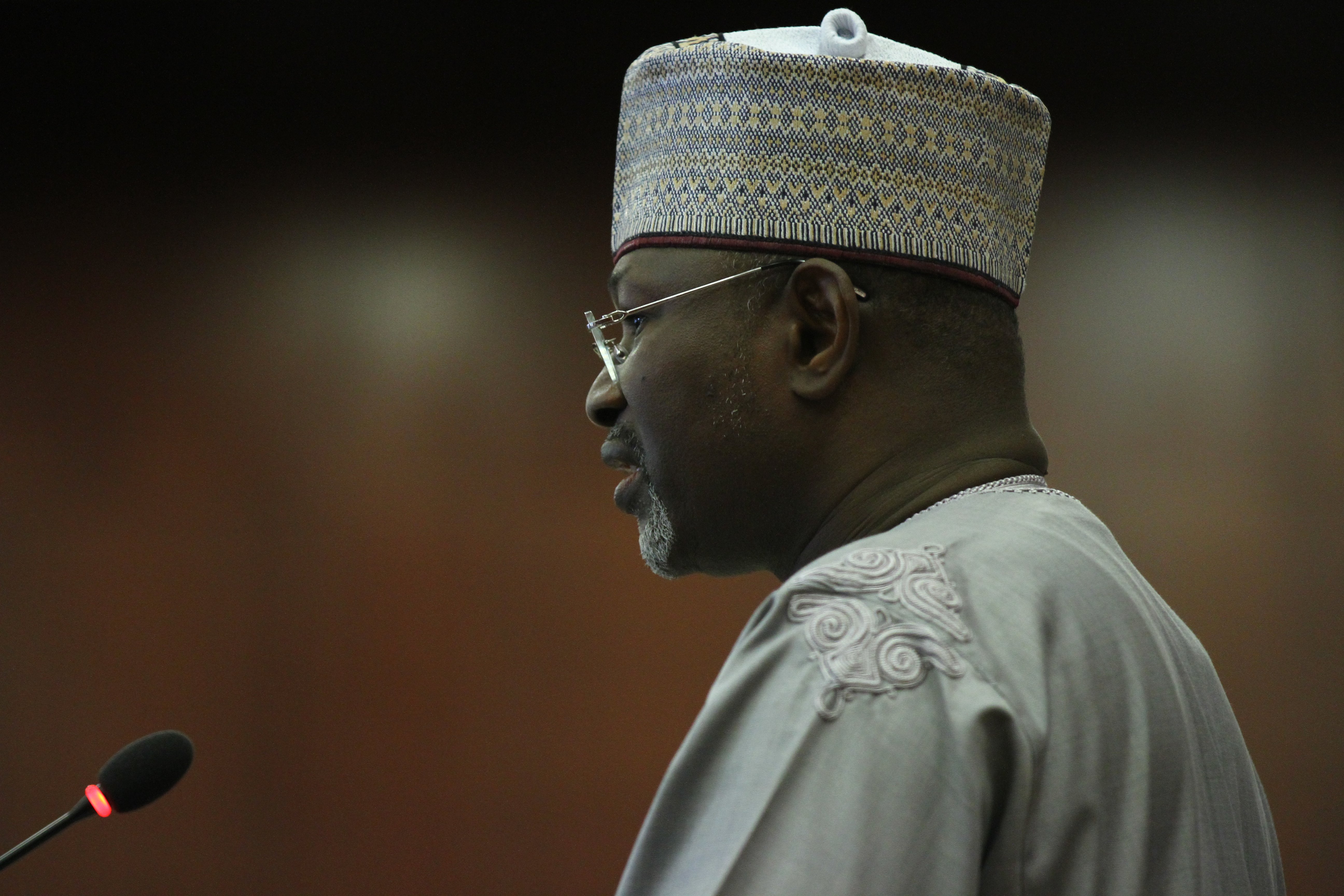

A lion cannot become a dog. So a dog can not metamorphose into a lion.